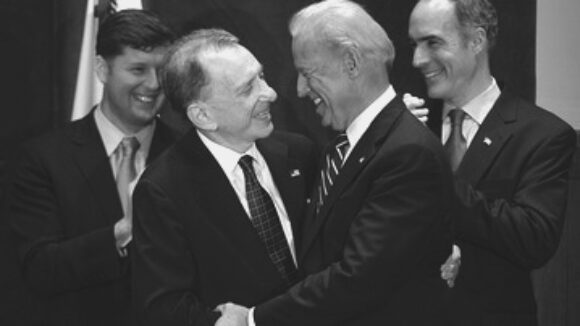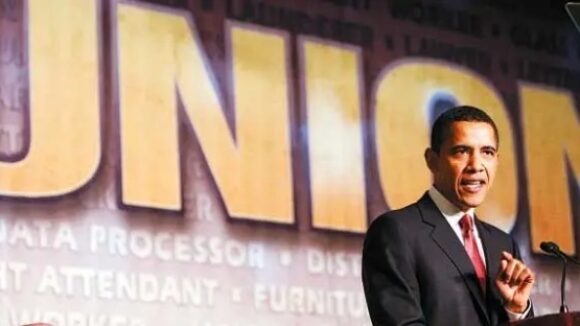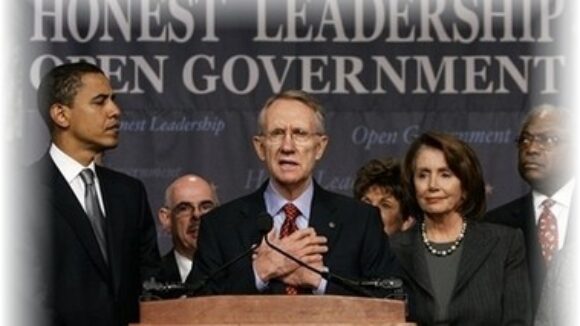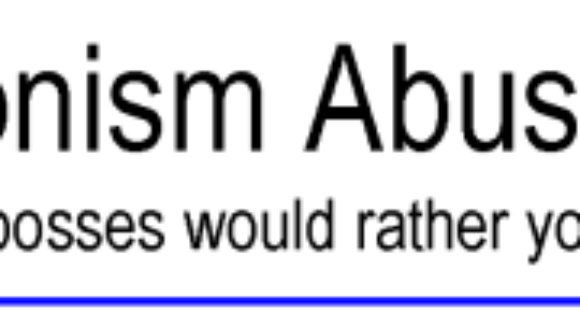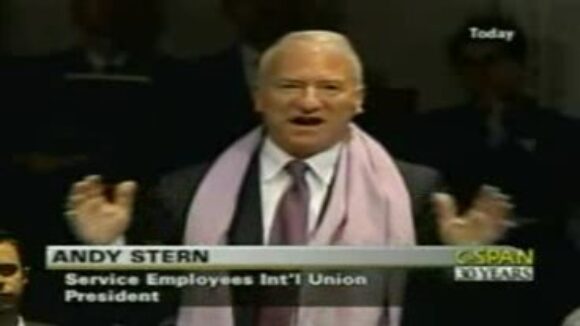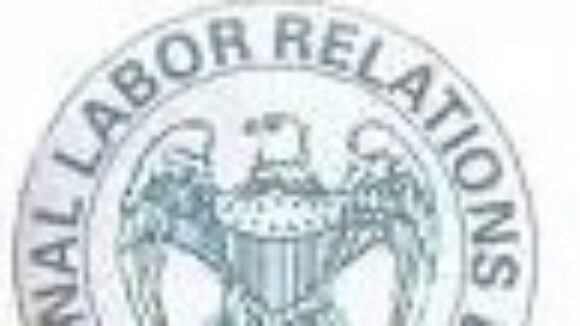Right to Work Revving Up Survey 2010
Pro-Forced Unionism Federal Candidates Will Have Nowhere to Hide (Source: April 2010 NRTWC Newsletter) Federal reports show that, in 2007 and 2008, Big Labor PACs directly contributed $73 million to federal candidates. And Big Labor-operated Section 527 groups spent an additional $57 million on an array of get-out-the-vote efforts for pro-forced unionism candidates. These two types of political spending officially acknowledged by union bosses add up to $130 million in the 2007-2008 campaign cycle. That's no mean sum. But Big Labor's officially acknowledged campaign expenditures represent only the tip of the iceberg of union electioneering, as union insiders like Jon Tasini, a former union official who now heads the New York-based Labor Research Association, have acknowledged again and again. In a February 20, 2005 op-ed for the Los Angeles Times, Mr. Tasini reported that several "union political experts" had admitted to him that "unions spend seven to 10 times what they give candidates and [campaign organizations] on internal political mobilization." "Following Jon Tasini's formula, in the 2007-2008 campaign cycle, Organized Labor spent between $900 million and $1.3 billion, mostly forced-dues money, on 'internal political mobilization,'" noted Matthew Leen, vice president of the National Right to Work Committee. Candidate Survey Is 'One of the Committee's Most Effective Tools' "Forced-dues money pays for political phone banks, propaganda mailings, and the salaries and benefits for tens of thousands of campaign 'volunteers,'" Mr. Leen continued. "And the Wall Street Journal reported last month that the AFL-CIO hierarchy 'plans to roll out its biggest political campaign ever' in 2010." To meet union bigwigs' challenge, the National Right to Work Committee has launched its federal candidate Survey 2010.
